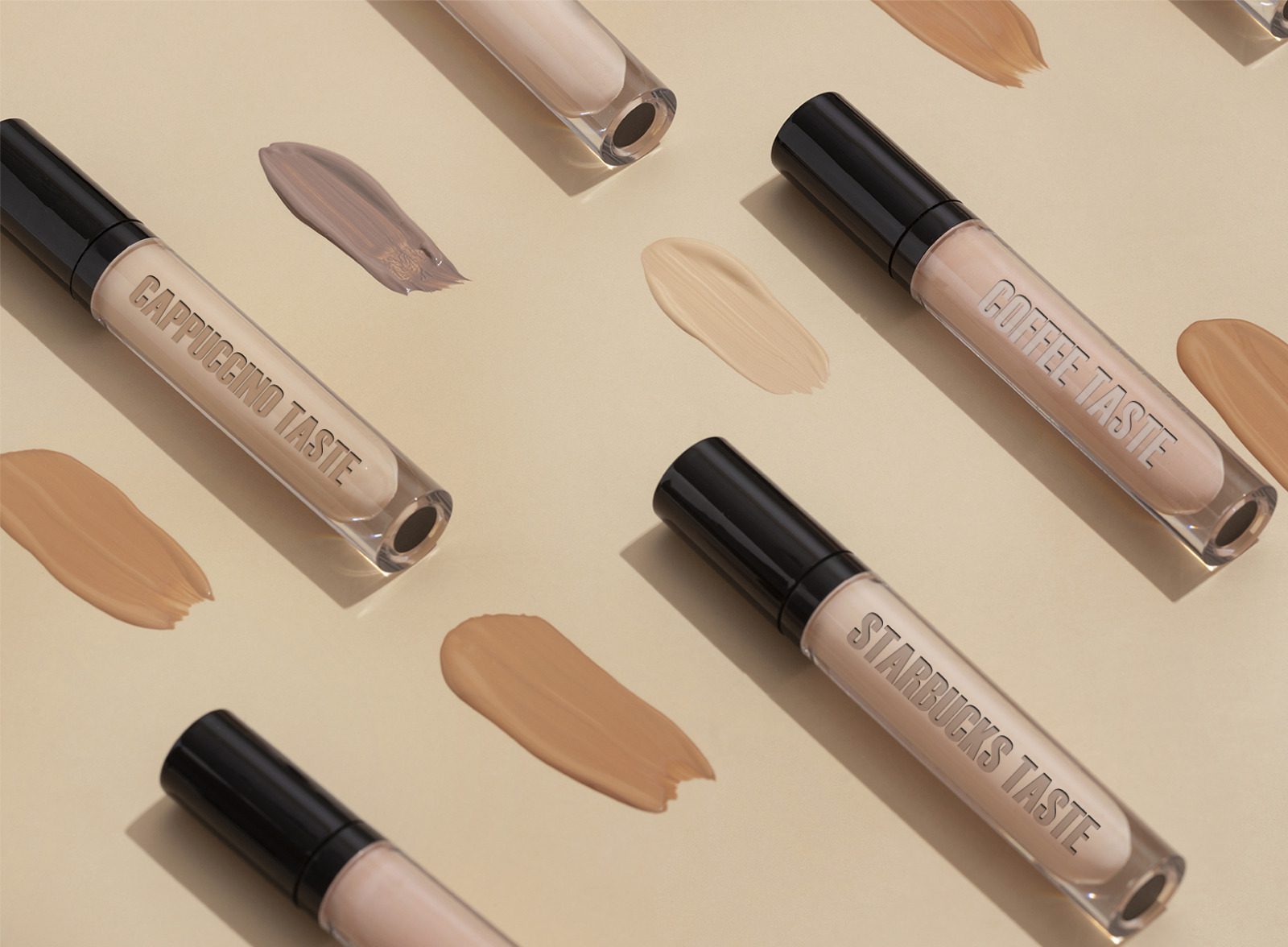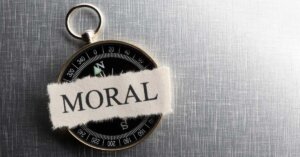Every company engages in various innovations to enhance their business brand and product quality, ensuring survival within the market. This effort aims to attract consumers and foster their loyalty to these products.
However, there are instances where new product variations closely resemble existing ones, leading to claims of trade secret infringement by aggrieved companies against the entities launching the latest products.
What do you think? How does such a trade secret dispute arise despite its confidential document? Also, where can a party file a trade secret lawsuit when they lack access to the defendant’s documents? Refer to the following article for further insights.
An Overview of Trade Secrets
Quoting from the WIPO website, Trade Secret define as intellectual property rights (IP) over confidential information that can be sold or licensed. Trade secrets include technical information, such as information about manufacturing processes, pharmaceutical testing data, computer program designs and drawings, and commercial information, such as distribution methods, lists of suppliers and clients, and strategic advertising.
Information that can be protected by Trade Secret must have commercial value due to its confidential nature, only known by a certain group of parties, and compliance with reasonable steps taken by the rightful holder of the information to keep it secret, including the use of confidential agreements for business partners and employees.
Trade Secrets in Indonesia
In Indonesia, in Article 1 point 1 of Law no. 30 of 2000 concerning Trade Secrets, it is explained that Trade Secrets are information that is not known by the public in the field of technology and/or business, has economic value because it is useful in business activities, and is kept confidential by the owner.
The scope of protection for Trade Secrets includes production methods, processing methods, sales methods, or other information in the field of technology and/or business that has economic value and is not known by the general public.
Common Issues in Trade Secret Disputes
Trade secret infringement is called “misappropriate.” It occurs when a person improperly obtains a trade secret or discloses or uses it without consent or with reason to know that knowledge of the trade secret was obtained through an error or accident.
In general, misuse of trade secrets occurs when a person discloses or uses a trade secret without approval, even though at the time of disclosure, he has reason to know that the knowledge regarding said trade secret comes from a party who obtained it through improper means, obtained in circumstances that cause the need maintaining secrecy or limiting its use or, Derived from a person who has a confidentiality obligation to the owner of a trade secret.
Causes of Trade Secret Infringement in Indonesian Law
Quoting from the DGIP website, it is explained that 2 points generally underlie trade secret infringement such as:
- A party who deliberately discloses a Trade Secret, violates an agreement, or denies a written or unwritten obligation to safeguard the relevant Trade Secret;
- A party who obtains or controls a Trade Secret in a manner that is contrary to the applicable laws and regulations.
Articles 13 to 15 of Law no. 30 of 2000 concerning Trade Secrets (UURD)explained matters that can cause trade secrets violations. Article 13 of the UURD explains that a trade secret violation occurs when a person intentionally discloses a trade secret, reneges on an agreement, or reneges on a written or unwritten obligation to safeguard the relevant trade secret.
In Article 14, it is explained that a person is deemed to have violated another party’s Trade Secret if he obtains or controls said Trade Secret in a manner that is contrary to the applicable laws and regulations.
And then, in Article 15 of the UURD, it is also explained that the actions referred to in Article 13 are not considered trade secret violations if the act of disclosing a trade secret or using the defense of security, health, or public safety; the action of re-engineering a product resulting from the use of another person’s Trade Secret which is carried out solely for the benefit of further developing the product in question.
Trade Secret Case
There is an example of a unique lip gloss product developed by a well-known coffee producer from the United States, Starbucks. At first, customers might not have thought that Starbucks would be releasing a lip gloss product called “S’Mores Frappucino lip-gloss kit,” which is the latest limited series of lip gloss products released at the same time as the relaunching old menu, Frappucino. These products are sold with fixed stock, so consumers who manage to get these stocks will feel the exclusive value from it.
Unfortunately, upon the release of the new product, Starbucks received a trade secret infringement lawsuit from a limited liability company from California, Balmuccino LLC. The alleged infringement of trade secrets arose because Balmuccino LLC had filed the case because it once made a partnership offer to Starbucks through a meeting attended by Starbucks CEO Howard Schultz and former Republican US Senate candidate Mehmet Oz, whose brother-in-law is one of the managing members—Balmuccino LLC in 2017. At the meeting, Balmuccino then provided the lip balm prototype, supplier details, and other confidential information to Starbucks for business and partnership purposes. And in 2019, Starbucks released its lip balm product without partnering with Balmuccino LLC.
Balmuccino LLC sued Starbucks in California state court later that year. They filed a new complaint in Seattle federal court last October after a California court said they had no jurisdiction over the coffee chain. Balmuccino LLC failed to file the suit under Washington state’s three-year statute of limitations, which began when the company learned of Starbucks’ April 2019 launch.
Viewpoint of Trade Secret Law in Indonesia
In a business relationship, the activities carried out as contained in the case are indeed everyday activities to be carried out. The owner of a trade secret will generally disclose his trade secret to parties entitled to know about it, following the applicable laws, regulations, and agreements made by each party.
Several efforts can be made to protect and prevent the leakage of this trade secret information, such as making a non-disclosure agreement where employees and business partners must sign a confidentiality agreement that prevents them from disclosing confidential company information.
Make a Non-Compete Agreement in which employers must ask employees, contractors, and consultants to sign non-competition agreements to prevent them from participating in competition when their work/service agreement ends.
If the parties who have agreed violate the agreed terms and violate the statutory provisions as previously explained, then according to Article 17 paragraph (1) of the UURD, the party that violates them may be subject to sanctions in the form of imprisonment for a maximum of 2 (two) years and/or a maximum fine of Rp. 300,000,000.00 (three hundred million rupiah).
In the case of Balmuccino LLC vs. Starbucks, we can note several important things that can be used as lessons, including not disclosing trade secrets to trading partners without making a written agreement not to use the trade secret. Then, it is crucial to conduct a legal analysis of the court’s jurisdiction that can handle cases so that the lawsuit is on time and takes a long time to be processed legally.
It would be advisable for the owner of the Intellectual Property to consult with a legal consultant or attorneys from a trusted law office to protect their intellectual property assets. Am Badar & Am Badar, IP law firms from Indonesia can provide legal consulting services to protect your Inttelectual property assets as well as assisting you in handling your intellectual property cases in Indonesia. If you believe Indonesia is your destination country to market your IP products, don’t hesitate to ask for our legal assistance via ambadar@ambadar.co.id.
Referensi:






